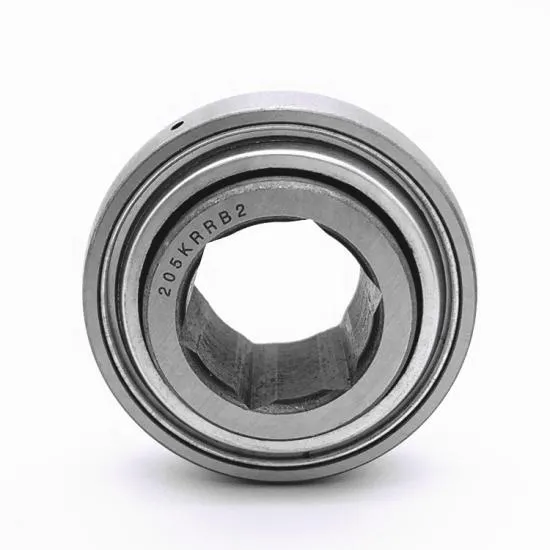Jul . 22, 2024 02:31 Back to list
Different Types of Electric Motor Bearings for Wholesale Applications and Their Unique Features
Understanding the Types of Wholesale Electric Motor Bearings
Electric motors are essential components in numerous applications, from household appliances to industrial machinery. A crucial part of these motors is the bearings, which facilitate smooth rotation and support the rotor within the stator. When it comes to purchasing bearings for electric motors, wholesale options provide businesses the advantage of reduced costs and bulk supply. However, it's essential to understand the different types of bearings available in the market and their specific applications to ensure optimal performance and longevity of the motors.
1. Ball Bearings
One of the most common types of bearings used in electric motors is the ball bearing. These bearings utilize balls to maintain the separation between the inner and outer races, allowing for low-friction motion. Ball bearings are versatile and can handle both radial and axial loads, making them suitable for a wide range of applications. In electric motors, they are favored for their ability to operate at high speeds with minimal noise and vibration.
2. Roller Bearings
Roller bearings are another popular choice for electric motors. Instead of balls, these bearings use cylindrical rollers to bear the load. Roller bearings can support heavier loads compared to ball bearings, making them ideal for applications requiring high radial load capacity. Within the category of roller bearings, there are several subtypes, including
- Cylindrical Roller Bearings Best for applications with high-speed rotation and heavy load. - Spherical Roller Bearings Designed to accommodate misalignment, ideal for heavy-duty electric motors. - Tapered Roller Bearings Excellent for handling both radial and axial loads, providing versatility.
3. Magnetic Bearings
Magnetic bearings represent a more advanced technology where the load is supported by magnetic forces rather than physical contact. This allows for frictionless operation and is particularly beneficial in applications requiring high speeds and low maintenance. Magnetic bearings are commonly used in specialized industrial motors and turbines, where efficiency and longevity are paramount.
wholesale electric motor bearings types

4. Fluid Bearings
Fluid bearings utilize a thin layer of liquid to support the rotating shaft. They provide extremely low friction levels, resulting in minimal wear and tear. Fluid bearings are especially suitable for high-speed applications where traditional bearings might fail due to overheating. While they are not as common in everyday electric motors, they are utilized in high-performance settings, such as turbines and high-speed compressors.
5. Composite Bearings
Composite bearings combine various materials to enhance performance characteristics. These bearings can offer superior resistance to corrosion, heat, and wear compared to traditional materials. Composite bearings are often utilized in environments with extreme conditions, such as in marine or chemical processing applications within electric motors.
Selecting the Right Bearings
When selecting bearings for electric motors, several factors should be considered, including load capacity, speed, environmental conditions, and maintenance needs. It's also essential to ensure proper lubrication and sealing to extend the life of the bearings. Wholesale suppliers typically offer a range of bearing types, allowing businesses to find suitable options that meet their specific requirements.
Conclusion
Understanding the various types of wholesale electric motor bearings is crucial for industries seeking to optimize their motor performance. Choosing the right bearings can enhance efficiency, reduce downtime, and ultimately lead to cost savings in maintenance and operation. By staying informed on bearing technologies and trends, businesses can make educated decisions that align with their operational goals, ensuring their electric motors function effectively for years to come.
Latest news
-
UCT205-15 Take Up Housing Pillow Block Bearing | Reliable
NewsAug.17,2025
-
CKZ-A Sprag Type Freewheels One Way Clutch - High Performance & Reliable
NewsAug.16,2025
-
ASNU 12-35 NFS TFS Roller Freewheel One Way Clutch Bearings
NewsAug.15,2025
-
Durable AK208 Pillow Block Housing | Reliable Bearing Support
NewsAug.14,2025
-
28.6x80x36.53mm W208PPB5 Heavy Duty Disc Harrow Bearing
NewsAug.13,2025
-
CKZF-B Series Flywheel Backstop Clutch: Reliable Reverse Prevention
NewsAug.12,2025